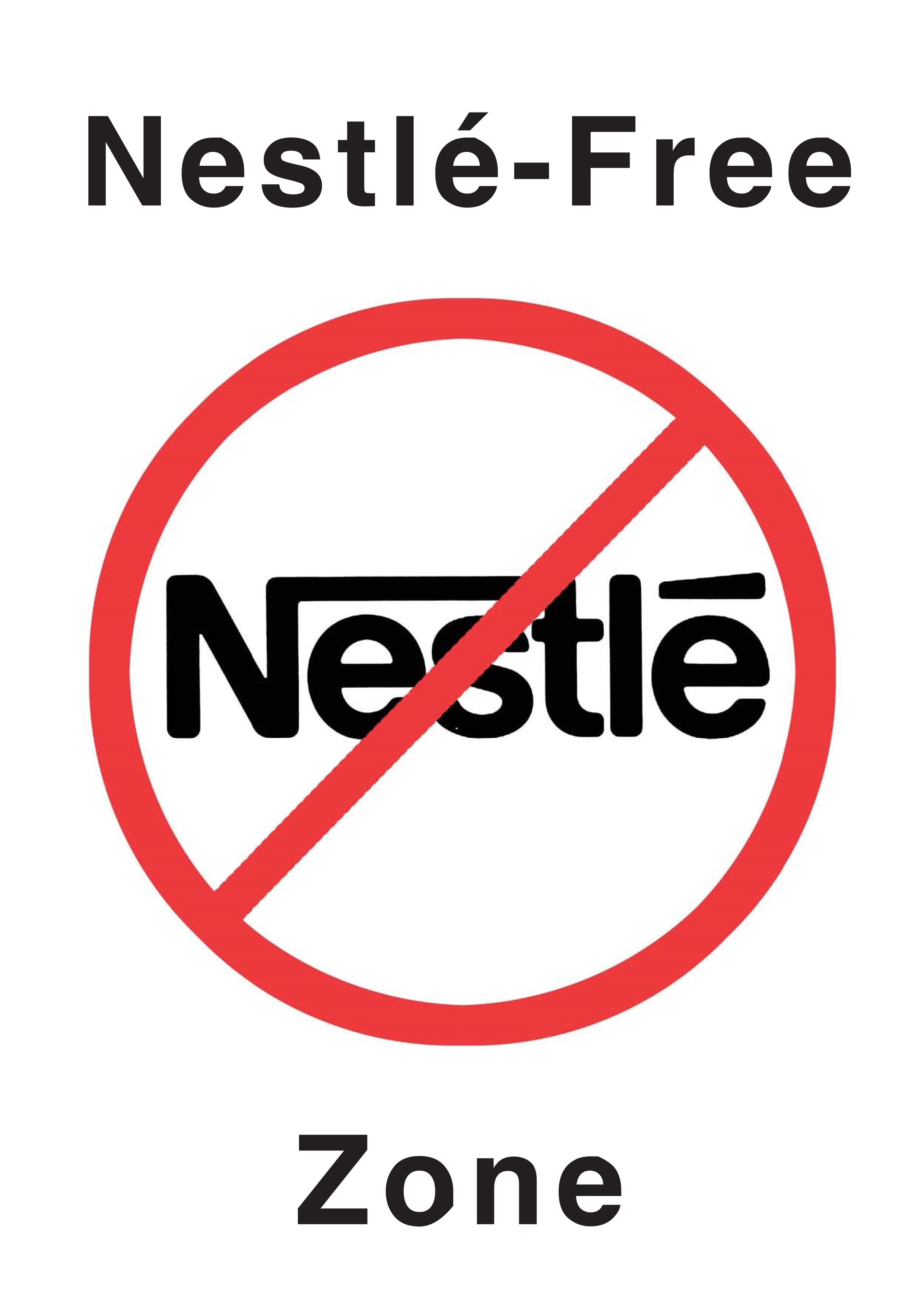International Breastfeeding Journal
Sri Lanka was named as the first-ever ‘Green’ breastfeeding nation status by the World Breastfeeding Trends Initiative (WBTi) in January 2020. However, improvements are still needed. This study aims to identif...
Currently, lactation training courses aimed at health professionals are important for informing and supporting mothers who are breastfeeding. In this review, we seek to analyze similarities and/or variations i...
The World Health Organization recognizes exclusive breastfeeding a safe source of nutrition available for children in most humanitarian emergencies, as in the current pandemic caused by the Severe Acute Respir...
The World Health Organization (WHO) recommendations on infant feeding in the context of COVID-19 uphold standing recommendations for breastfeeding, non-separation, and skin-to-skin contact, including the use o...
Mothers’ satisfaction with breastfeeding is important for breastfeeding duration but rarely investigated in mothers of preterm infants. The aim of this study was to describe breastfeeding satisfaction and asso...
Maternal depression and other psychosocial factors have been shown to have adverse consequences on infant feeding practices. This study explored the longitudinal relationship of maternal depressive symptoms an...
Timely initiation of breastfeeding, also known as early initiation of breastfeeding, is a well-recognized life-saving intervention to reduce neonatal mortality. However, only one quarter of newborns in Uttar P...
Antenatal breastmilk expression (aBME) is recommended by some healthcare providers to improve lactation, breastfeeding, and newborn outcomes, particularly for women with diabetes as they face unique challenges...
The efficacy of continuous kangaroo mother care (C-KMC) in reducing neonatal mortality and morbidity among low birthweight and premature infants has been confirmed. Despite the recommendations of the World Hea...
Idiopathic Granulomatous Mastitis (IGM) is a benign chronic inflammatory breast condition that mimics two common breast disorders: breast carcinoma and breast abscess. It can form breast masses, fistulae, and ...
There are little up-to-date data available on the duration of exclusive breastfeeding in Lithuania. The aim of our study was to examine the factors that could influence exclusive breastfeeding during the first...
Despite widespread suboptimal breastfeeding practices and maternal experiences of intimate partner violence (IPV), the association of IPV and breastfeeding practices remains unclear. This study investigated th...
Breastfeeding provides the optimal nourishment for infant and child health and supporting mothers to breastfeed is a global health priority. Midwives are uniquely placed to provide breastfeeding education and ...
Exclusive breastfeeding (EBF) is associated with a reduction of postnatal HIV transmission and optimal infant growth. Given that the factors influencing exclusive breastfeeding are multi-factorial and context-...
The impact of gestational diabetes mellitus (GDM) on the duration of breastfeeding varies between shortening and no impact. Breastfeeding seems to reduce both maternal and offspring risk for type 2 diabetes an...
The economic cost of not breastfeeding in Indonesia is estimated at US$1.5–9.4 billion annually, the highest in South East Asia. Half of the 33.6 million working women of reproductive age (WRA) in Indonesia (1...
This article has been retracted. Please see the Retraction Notice for more detail: https://doi.org/10.1186/s13006-020-00335-3.
Existing knowledge on the relationship between intimate partner violence (IPV) and exclusive breastfeeding (EBF) in the context of Nigeria is minimal and limited to a lifelong measure of IPV experience. An abu...
Irrespective of the place and mode of delivery, ‘delayed’ initiation of breastfeeding beyond the first hour of birth can negatively influence maternal and newborn health outcomes. In Bangladesh, 49% of newborn...
Despite established benefits, exclusive breastfeeding (EBF) rate remains poor in India. This study measured the rate of early initiation of breastfeeding and EBF up to 42 days postpartum period and the reasons...
Most Recent Articles: International Breastfeeding Journal
SubscribeFeliratkozás a következőre: International Breastfeeding Journal hírcsatorna

